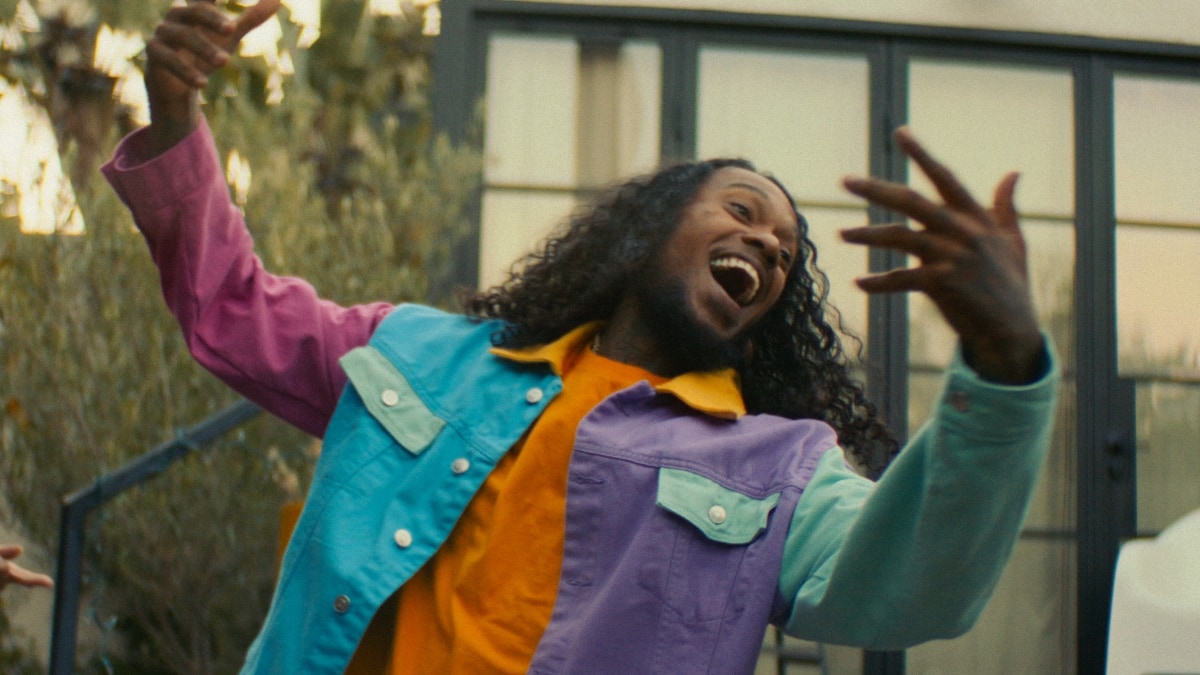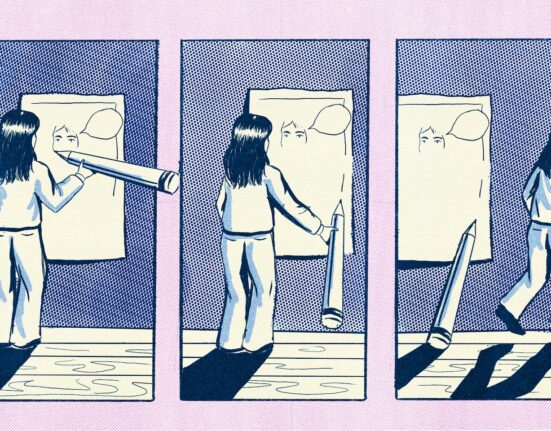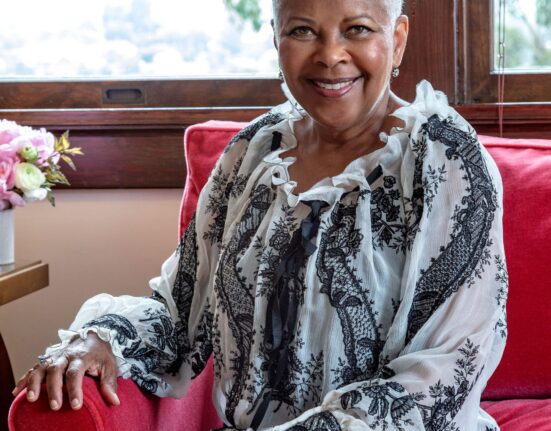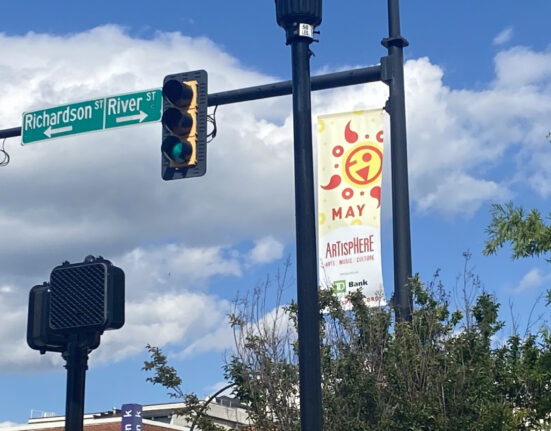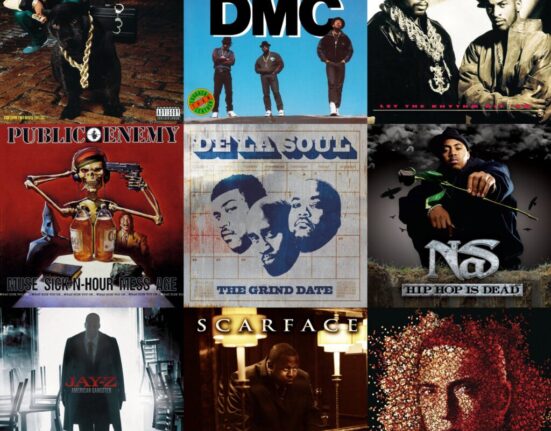I am growing weary of celebrity-driven reality TV shows, where an actor or star takes off on a journey across America or the world, and takes us along with them.
Just last week, two new series arrived: Max’s Conan O’Brien Must Go and Peacock’s Orlando Bloom: To The Edge; in March, a new season of Apple TV+’s The Reluctant Traveler With Eugene Levy.
Even when well-produced, they’re too often just a thin excuse for a celebrity to travel at the world at someone else’s expense. Eugene Levy is funny and charming—and good for him for getting some of that Apple TV+ money—but it was hard for me to get into his show because it’s ultimately just him staying at expensive hotels while participating in producer-orchestrated activities.
Sure, that’s more pleasant than Gordon Ramsay being an asshole, but we’re a far cry from Anthony Bourdain’s curiosity-driven explorations.
Some of these shows work, of course. Padma Lakshmi’s Taste the Nation and Kristen Kish’s Restaurants at the End of the World are both great, though they’re both reality TV personalities, not actors parachuting in to the genre.
I share all this because I have an aversion to shows with celebrity names in the titles, even though I understand that’s often what’s necessary to sell a show.
And I’m glad I didn’t let that stop me from watching The Express Way with Dulé Hill, a new PBS series starring the Emmy-nominated actor from The West Wing, Psych, Suits, and The Wonder Years, among other shows and movies.
His newest series is exceptional reality TV, crafting beautiful portraits of artists across the country, and their world-changing work.
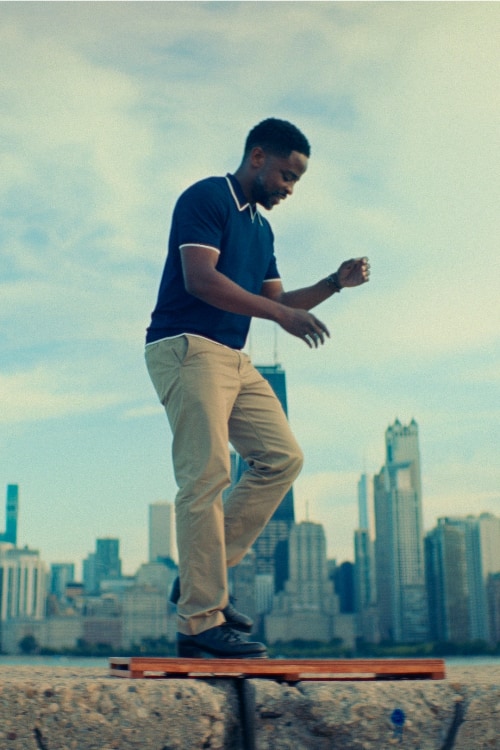

The “with” in The Express Way with Dulé Hill here doesn’t mean “starring and focusing on.” Though the actor starts each episode tap dancing in a new location—California, Appalachia, Texas, Chicago—he is not its focus.
Instead, The Express Way (PBS, Tuesdays at 9) is a series of portraits of artists, who take literal center stage as they showcase their craft. And director Danny Lee’s craft is part of why that works.
The artists are beautifully photographed: the deaf dancer Shaheem dances down a Los Angeles street, interacting with people, in slow motion; retiree Asian women, members of a cabaret troupe, pose in their 1940s-era costumes; people in recovery shave curlicues of wood at the Appalachian School of Luthiery. Even familiar mechanics—slow motion, lens flare—come across as thoughtful, not showy.
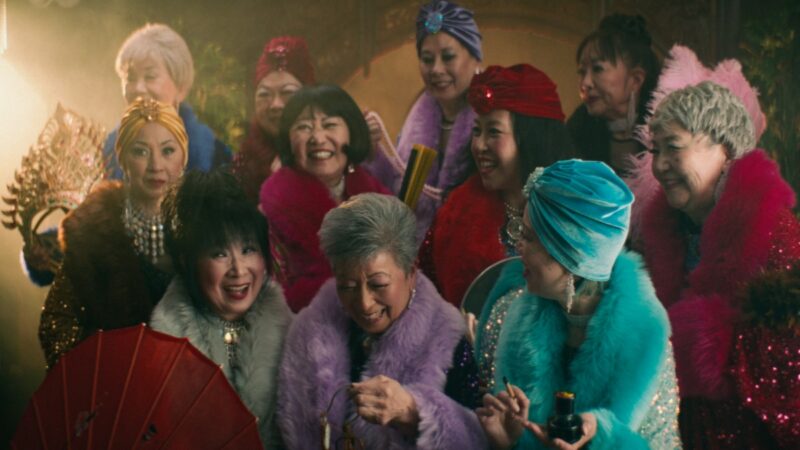

We meet the subjects of each episode before Dulé Hill meets them, keeping them centered. He’s more narrator than guide. When he’s on the screen, he’s often more of a background visitor than focus, whether at a gay Latin cowboy club or sitting down to eat with The Glammas.
In the second episode, the bluegrass singer Amythyst Kiah performs her haunting and autobiographical song “Wild Turkey,” walking down a street and then into a club bathed in blue.
The camera follows her, moving constantly yet never losing focus, while the editing folds in interviews with her and her father to share backstory about her mother’s death while still keeping us in the moment of her performance. It’s enrapturing and lovely filmmaking.
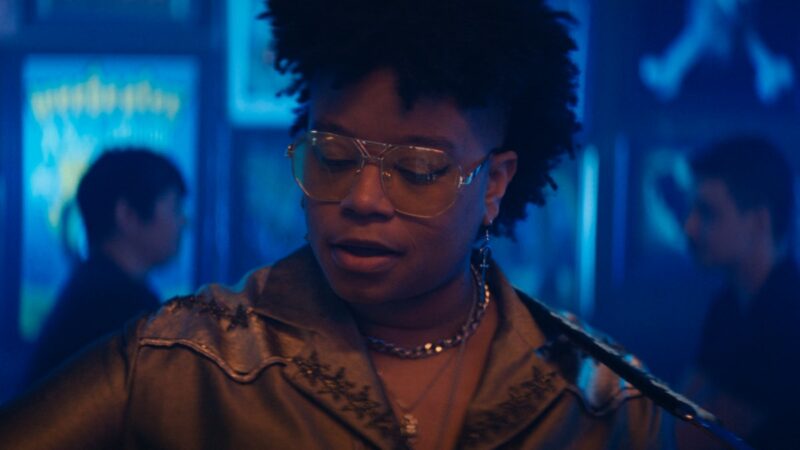

The time Dulé Hill spends with people is nowhere near a formal interview, just casual conversation. “It’s a joy to be in your presence,” he tells the cabaret troupe, and you can feel that.
In the intro to each episode, he says “the arts are what drive me. Art builds bridges. Art creates change. Art is powerful.” The show’s subjects are all powerful change-makers, though in very different ways. Part of what gives the series its own power is its range of artistry and approaches to activism, from the explicitly political to the subtly affecting.
I wasn’t immediately familiar with the subjects of The Express Way with Dulé Hill, though they are not unknowns: Amythyst Kiah is a Grammy-nominated artist; the Grant Avenue Follies were on Steve Harvey’s show and have created popular music videos; Shaheem Sanchez is on TikTok and performed at the Super Bowl.
What the TV show does so effectively is create canvases that both present and deepen our knowledge of their work, and then arranges those informative and emotional moments together to illustrate just what art and artists are doing in their communities.
“I was aware of Amythyst’s music before I met her,” Dulé Hill tells the camera, and then says what I think might be the show’s thesis. “But I didn’t realize the depths that it went, the pain and the trauma that she has come through—and it’s an encouraging thing, because no matter you’re going through, no matter where you’ve come from, there’s no place that’s too dark, no place that’s too challenging.”
The Express Way with Dulé Hill
Beautifully crafted portraits of artists whose art may be changing the world, and definitely make for compelling TV. A
What works for me:
- Dulé Hill’s approach to exploring the artists’ work
- Danny Lee’s direction
- The collection of artists
- The cinematography, especially for the performances
All reality blurred content is independently selected, including links to products or services. However, if you buy something after clicking an affiliate link, we may earn a commission, which helps support reality blurred. Learn more.

